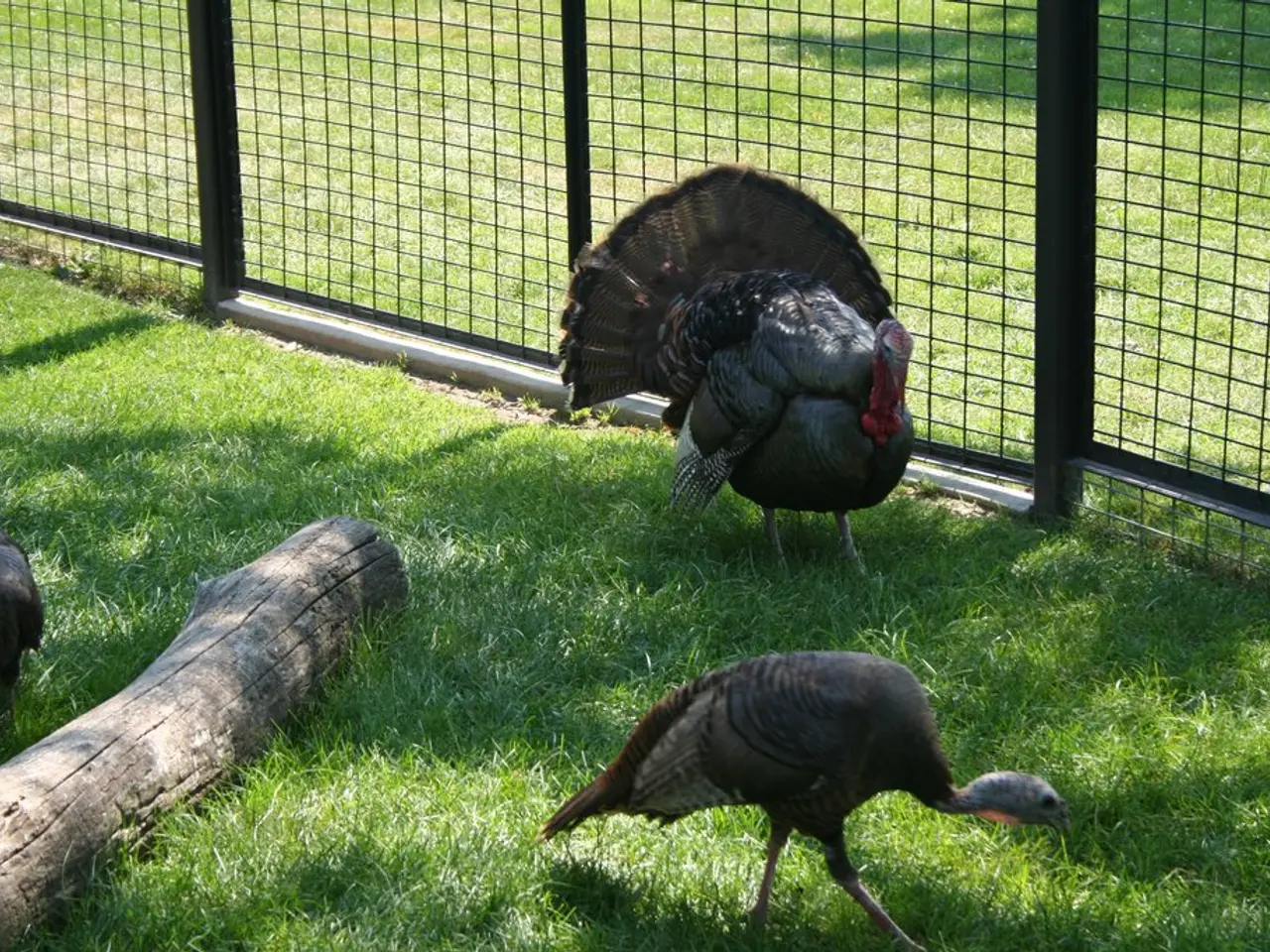Exploring the Great Outdoors, One Fledgling Steps: A Guide to Bird Watching
Discovering the Art of Birding: A Beginner's Guide
Birding, the captivating hobby of observing and documenting birds, can be a fulfilling journey for both novice and seasoned enthusiasts alike. This activity involves more than just spotting feathered friends - it's about documenting all the birds seen, identifying species, and sharing experiences with fellow birders.
For those just starting out, it's recommended to begin close to home, such as your backyard, nearby park, or doorstep. This helps develop spotting skills and familiarises you with common local species. As you progress, you'll find that early morning is one of the best times for birding, as birds are most vocal and active during these hours.
To embark on your birding adventure, essential beginner gear includes a good pair of binoculars to see birds at a distance and a field guide or app to help identify species you encounter. A map or GPS can also be helpful in exploring new birding locations safely.
Developing observation skills is key to successful birding. Many birds are identified more easily by sound than sight, so practice listening carefully for bird calls. When you spot movement or hear a distinctive sound, patience and stillness are essential to observe the bird closely.
Ethical birding is crucial to ensure the well-being of our avian friends and their habitats. This means avoiding getting too close to nests, not disturbing birds, staying on trails, and wearing muted colours like olive or gray to blend into the environment and avoid startling them.
Joining local birding groups or outings is an excellent way to learn from experienced birders and share knowledge. These groups often help track and understand shifts in the ecosystem, offering insights into the health of the environment through the presence or lack of birds.
Urban birding is popular, with birds like rock pigeons, sparrows, peregrine falcons, and mallard ducks thriving in cities. Seasonal migration events hosted by local birding groups offer an opportunity to witness bird behaviour throughout the year.
Birding is accessible, inexpensive, and rewarding; a field guide and binoculars are sufficient to start, and enhanced success comes with time, practice, and respect for nature. Connecting with birds instils a sense of responsibility to protect their homes and support coexistence.
However, birds face various threats such as habitat destruction, light pollution, decreases of prey populations due to pesticides, climate change, and reductions in migratory bird protections. Urban development has correlated with decreasing bird populations. Yet, with the growing interest in birding, there's an opportunity to raise awareness and advocate for their protection.
Hearing a specific bird call can be an exciting moment for birders, and this hobby can bring a newfound appreciation for the beauty and complexity of the natural world. So, why not step outside, take a deep breath, and start your birding journey today?
Incorporating birding into one's lifestyle can provide a unique blend of outdoor-living and home-and-garden experiences, as the avian environment can be discovered right within your own yard or nearby park. As your birding skills progress, you might find yourself venturing into urban areas, where species like rock pigeons and mallard ducks thrive, effectively combining home-and-garden birding with the city's vibrant atmosphere.




